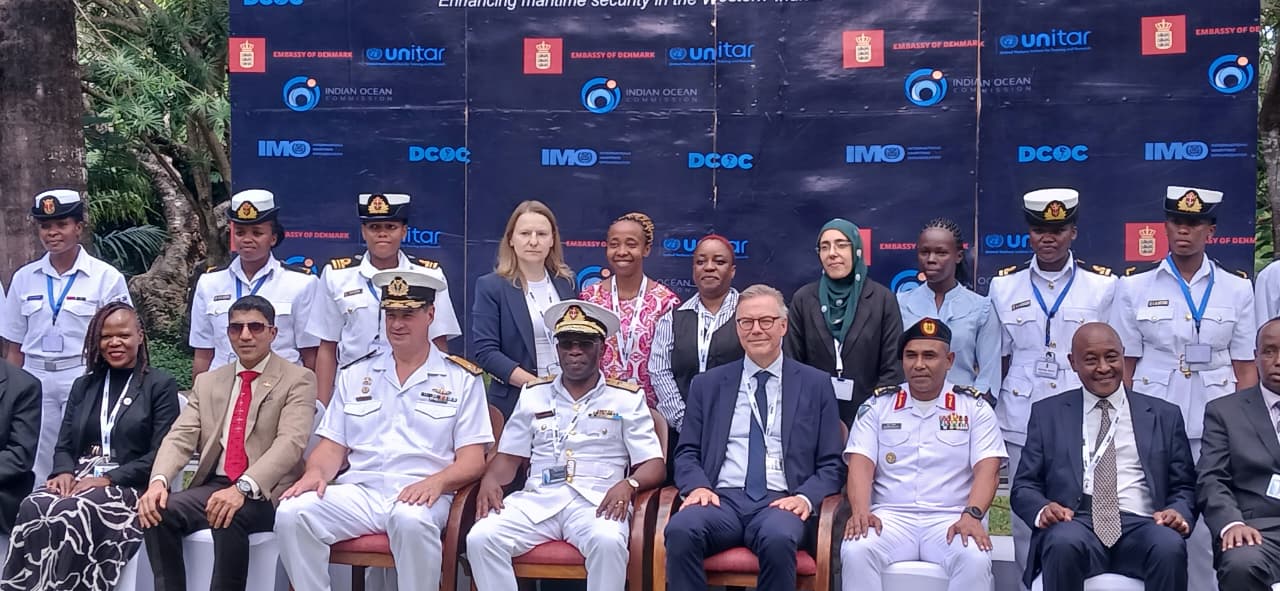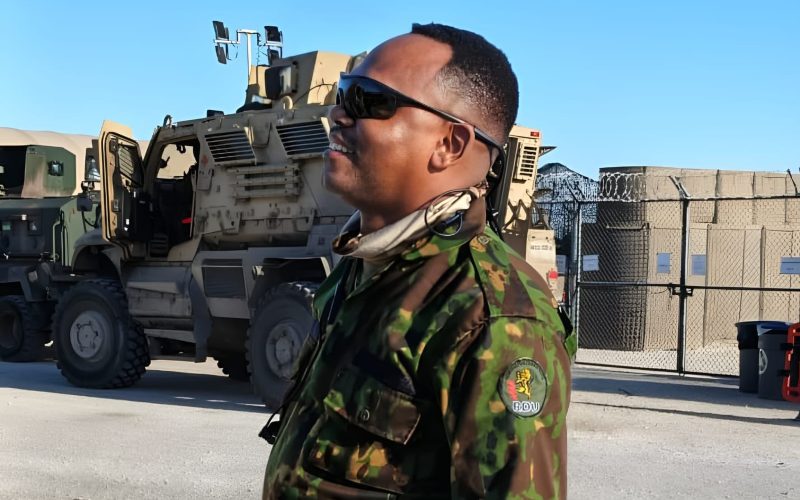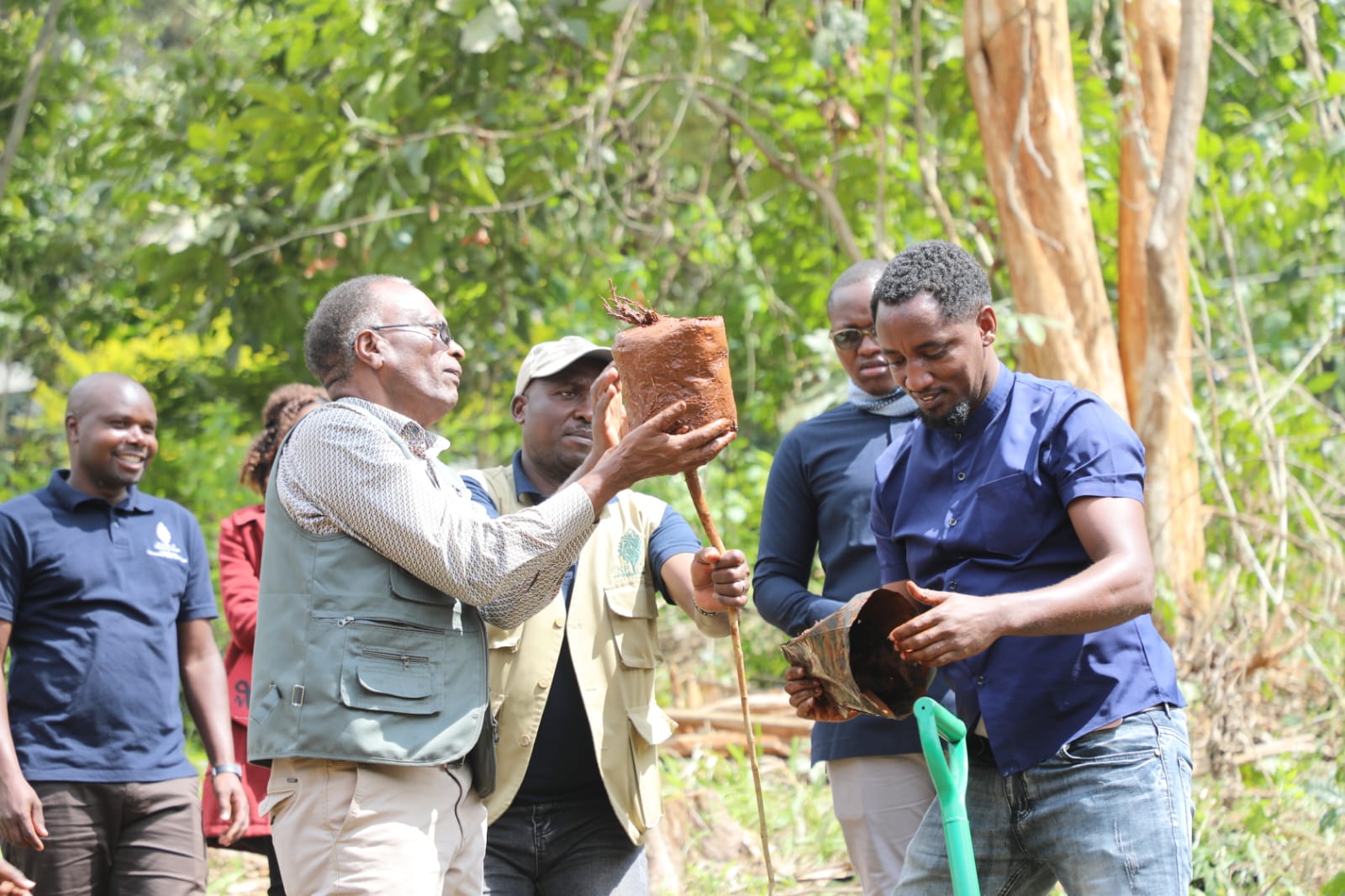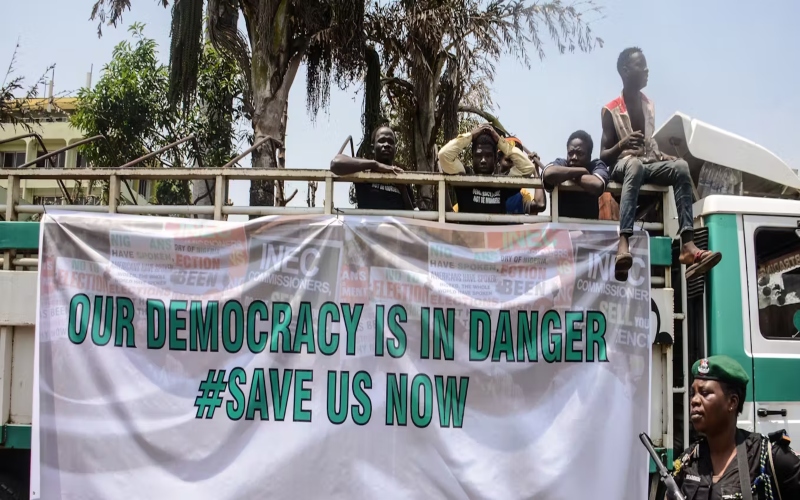Kenya pledges commitment to regional cooperation in maritime security

The assurance was delivered during the inaugural workshop of the Djibouti Code of Conduct (DCOC) working group on operational coordination and cooperation at sea, held in Mombasa.
Kenya has pledged to deepen cooperation with member states in tackling maritime threats, including piracy, illegal fishing, smuggling, and environmental crimes, which continue to undermine stability in the western Indian Ocean.
The assurance was delivered during the inaugural workshop of the Djibouti Code of Conduct (DCOC) working group on operational coordination and cooperation at sea, held in Mombasa.
More To Read
- KMA bars unlicensed recruitment of Kenyan seafarers
- Ship agents oppose KEPHIS pest inspection charges on shipping lines
- Audit exposes confusion over control of Sh5 billion Lamu Port
- Kenya Ports Authority, coastal counties launch landmark maritime transport project
- Kilifi fishermen get new rescue boat to boost maritime safety
- Kenyan seafarers to get globally standardised ID within three months
The forum brought together naval commanders, coast guard officials, and international partners to strengthen regional collaboration against sea-based crimes.
Major General Paul Otieno, representing the Kenya Navy, said the country was fully prepared to provide operational, institutional, and diplomatic support to advance the objectives of the DCOC.
He emphasised that the challenges facing the maritime sector required joint responses, “We must approach this with courage, clarity, and unity,” he said, urging member states to stay steadfast in their efforts to secure regional waters.
Otieno pointed out that persistent challenges such as piracy, unlawful fishing, smuggling, and environmental damage are undermining economic activities and endangering livelihoods.
He underscored the importance of implementing the DCOC’s commitments and reaffirmed the Kenya Navy’s dedication to defending national sovereignty, safeguarding sea lines of communication, and participating in regional security missions.
“No single nation can secure the seas alone. It is through cooperation, operational capability, and mutual trust that we can effectively respond to the complex and evolving threats in the Western Indian Ocean and beyond,” he said.
The Djibouti Code of Conduct, adopted in 2009 and strengthened by the Jeddah Amendment in 2017, serves as the main regional framework for countering maritime crime. Its key objectives include enhancing information-sharing mechanisms, improving maritime law enforcement, and building the capacity of states to carry out coordinated operations.
Kenya Navy fleet commander Brigadier Mohammed Shemote praised the role of international partners, among them Denmark, Interpol, the European Union (EU), AFRICOM, and the Government of
Kenya, for their technical support and guidance in setting up the new working group.
He emphasised that safeguarding the maritime domain requires collective responsibility and highlighted the importance of maintaining strong partnerships.
Also present was Sascha Weh, head of the United Nations Institute for Training and Research (UNITAR) Peace Office in Brussels, who welcomed the establishment of the working group.
He said joint training programmes and practical exercises had already enhanced the operational readiness of coast guards, navies, and civilian authorities in participating countries.
However, he warned of emerging risks, including renewed piracy in the Red Sea, rising incidents of illegal fishing, continued smuggling, and environmental pressures.
Other Topics To Read
“Instability at sea quickly translates to instability on land,” he observed, urging countries to adopt a stronger and more coordinated approach.
A representative from Tanzania called for increased joint patrols across shared waters, describing illegal fishing as one of the most urgent maritime challenges facing the region.
Top Stories Today












































